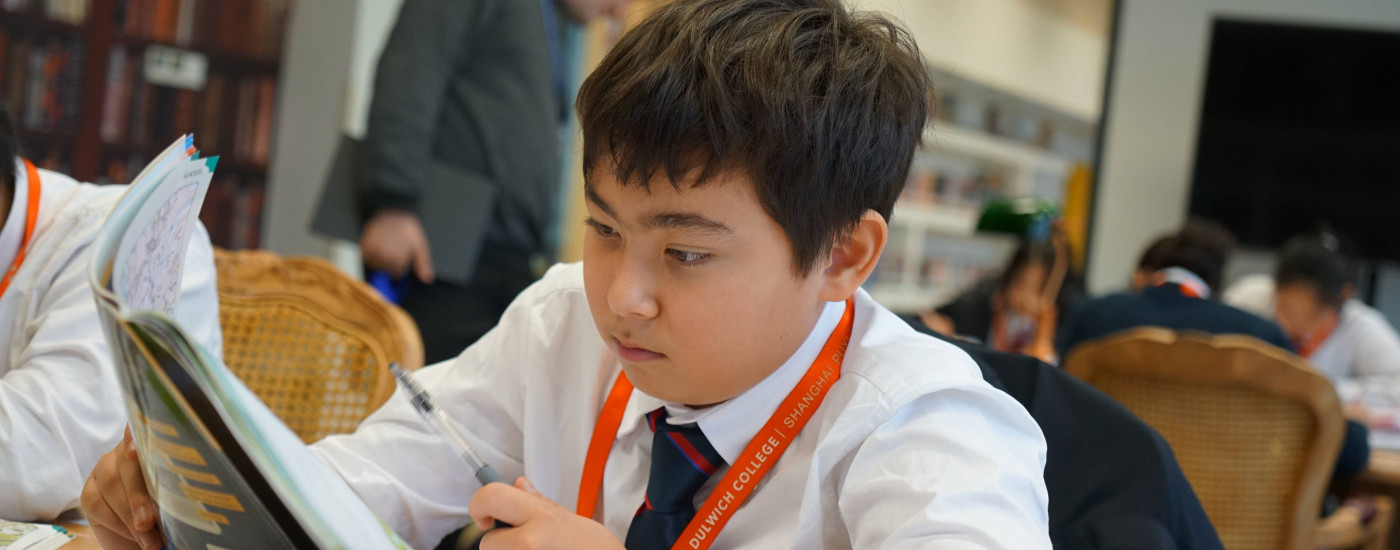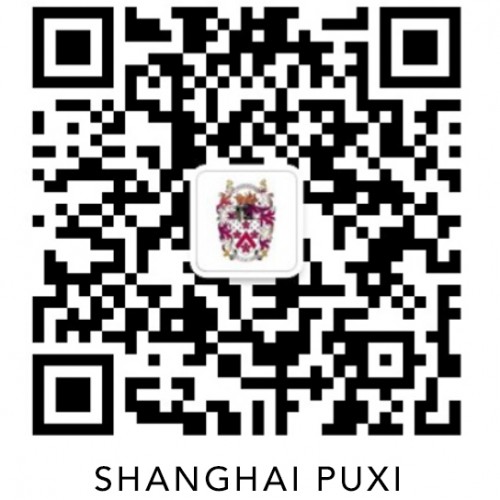Literature for Learning and for Life

Many of our students and staff have enjoyed losing themselves in literature during COVID-19. Sitting with a good book has enabled downtime (away from a screen) and provided a welcome diversion from the uncertainty of the past few months. Vaishu in Year 8 likes to escape with action thrillers. She is currently reading The Fox by Frederick Forsyth, which she describes as a story of utmost deception. Yap in Year 10 likes fantasy and has devoured the The Candy Shop War series by Brandon Mull. I enjoy humour and one of my favourite authors is Dulwich old boy P.G. Wodehouse, whose charming stories always make me smile. Reading for pleasure is highly rewarding in itself. and a love of literature supports learning in powerful ways.
Building bridges to the world
Literature is not bound by quarantines, lockdowns or travel restrictions. At a time when we may be feeling confined, reading enables us to take flight and travel the world. Literature introduces us to new communities, cultures and countries. This not only enhances our knowledge and understanding of the world but invites us to view things from a different perspective. As part of our Senior School Elective Programme, I enjoyed leading a book club on The Murderer’s Ape by Jakob Wegelius. Narrated by a gorilla called Sally Jones, this gripping adventure took us from Portugal to India and back. With nefarious crimes and unlikely friendships, the story opened up new horizons and made for a lively elective.
Literature also enables us to travel through time. We are empowered to imagine the future and understand the past, helping us to make sense of the present. Daniel in Year 8 is fascinated by the Philip Reeve’s vision of the future in Mortal Engines. Advanced technology enables cities to move and consume each other in an age of municipal Darwinism. He believes that competition for the world’s resources could indeed bring out the dark side of the human race. Therefore it is important that we protect and preserve our environment. Our Year 9 students are currently reading Empire of the Sun by J G Ballard. Set in 1940s Shanghai, the novel reminds us that the people of this amazing city have suffered profound challenges in the past but were able to survive and recover; an important and reassuring message in the time of COVID-19.
Communication, Critical Thinking and Creativity
Literature provokes a reaction. Sharing a book opens up opportunities for communication, critical thinking and creativity. George Orwell’s dystopian novel 1984 provides our IGCSE students with a challenging focus for intellectual discussion and debate. In contrast, our Year 6 students are studying The Mysteries of Harris Burdick by Chris Van Allsburg. This fascinating book entices readers with 14 unrelated pictures and 14 unrelated titles with attention grabbing sentences. One shows a pirate ship, another a house rocketing off into space, and still another a woman falling asleep reading a book that has suddenly become alive. These illustrations have inspired writers like Stephen King and provide our students with compelling starting points for both class discussion and creative writing. I am looking forward to reading their stories. Our students understand these benefits. Both Vaishu and Daniel emphasize the value of reading to develop their vocabulary, while Yap highlights the importance of reading for sparking his imagination and creative thinking.
Reflection
Literature encourages us to reflect upon our lives. Through stories we can explore both our hopes and fears and our dreams and nightmares. Through stories we can examine our relationships and our place in the world. Reading gives us a better understanding of both ourselves and others. Students in Year 10 have just finished an in-depth study of Romeo and Juliet by William Shakespeare. At a time when many of us are separated from family and friends, we feel the pain of Romeo’s banishment all the more keenly. Now more than ever we can understand why ‘parting is such sweet sorrow.’
Empire of the Sun is a coming of age novel told from the point of view of teenager, James Graham. James becomes separated from his parents and experiences chaos, cruelty and conflict. James overcomes these challenges and is eventually reunited with his family. This is supposed to be a happy ending but in fact his emotions are mixed:
To his surprise he felt a moment of regret, of sadness that his quest for his mother and father would soon be over. As long as he searched for them he was prepared to be hungry and ill, but now that the search had ended he felt saddened by the memory of all he had been through, and of how much he had changed.
As we prepare for the reopening of College, I am mindful that our students and staff may also be experiencing mixed emotions. The world has changed and everyone in our community has been affected. Literature can help us understand this new normal and inspire us to reimagine a brighter future.
David Ingram
Founding Head of College





